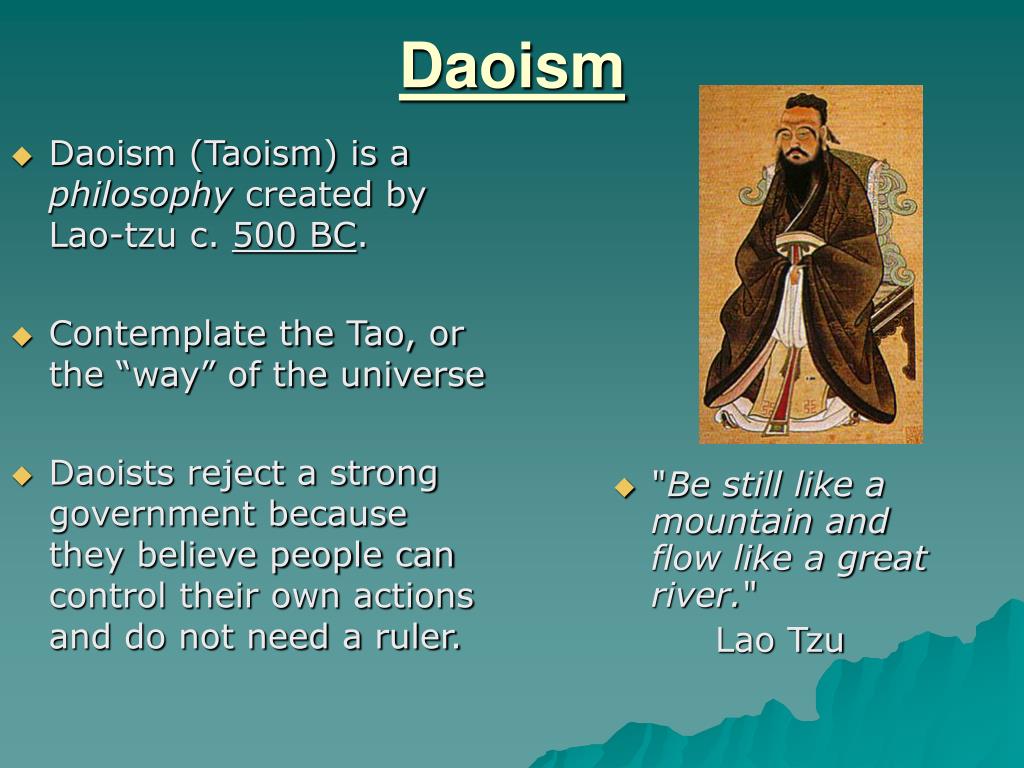In his book “The Art of Loving” (1956) the psychoanalyst and philosopher Erich Fromm (1900-1980) discusses how love is often wrongly perceived as the passive “falling in love.” For Fromm, love is mainly a decision to love, to become a loving person. Through examination of the concepts of father’s love, mother’s love, God’s love and erotic love, Fromm argues that we need to change the way we see love in order to reach happier and more fulfilling relationships with others.
This article is part of The Ultimate Guide to the Philosophy of Erich Fromm.
If you like reading about philosophy, here’s a free, weekly newsletter with articles just like this one: Send it to me!
Read more about Erich Fromm:

Erich Fromm (1900-1980)
Erich Fromm (1900-1980) was a German social psychologist and philosopher who had enormous popular success from the 1950s all the way to the end of his life in 1980. We discuss his work and his relation to Marxism and Freud.
Is love an art?
Erich Fromm found his biggest popular success with a book about love. In “The Art of Loving,” he makes the case that love is often misunderstood as this romantic notion, often seen in movies, of people “falling in love,” of love being something that happens to us without us being able to resist or control the experience. Rather, Fromm says, love is an art. Like any other art, it is something that we have to learn to do: we have to learn and practice love just like we have to learn and practice drawing or playing the piano.
 Erich Fromm’s “The Art of Loving” has been a classic in the philosophy and psychology of love since it was first published in 1956. It’s a highly readable, provocative and insightful book that might just change the way you look at love.
Erich Fromm’s “The Art of Loving” has been a classic in the philosophy and psychology of love since it was first published in 1956. It’s a highly readable, provocative and insightful book that might just change the way you look at love.
Amazon affiliate link. If you buy through this link, Daily Philosophy will get a small commission at no cost to you. Thanks!
You can hear the echoes of Aristotle in this. For Aristotle, our whole life is an “art,” in the sense that we constantly have to practice and refine our virtues and our phronesis in order to achieve success and happiness.
Love and responsibility
So just like Aristotle would say that happiness is not just something that “happens,” Fromm would maintain that the same is true of love. If we see love as something that randomly happens to us, we lose the feeling of being responsible for our loves. We could then fall “out of love” as easily as we “fell in love”.
For Fromm, this is a total misunderstanding of what love is about, in the same way as saying that happiness is nothing but the enjoyment of pleasures is a misunderstanding of what happiness is really about.
For Fromm, love is a particular way of relating to others, and my ways of relating to others are in my control, at least potentially. In our (modern, Western) culture, Fromm says, we often think that love is outside of our control, and our languages seem to support …
Read the full article which is published on Daily Philosophy (external link)





